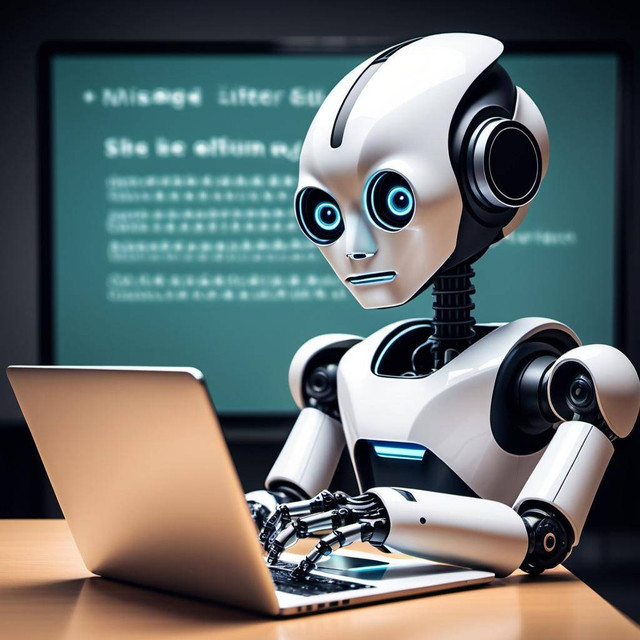Tentang KamiPedoman Media SiberKetentuan & Kebijakan PrivasiPanduan KomunitasPeringkat PenulisCara Menulis di kumparanInformasi Kerja SamaBantuanIklanKarir
2025 © PT Dynamo Media Network
Version 1.103.0
Konten dari Pengguna
Digital Literacy in the Era of Misinformation: Challenges and Solutions
17 Oktober 2024 14:37 WIB
·
waktu baca 4 menitTulisan dari Bima Satria Naufal Prahananda tidak mewakili pandangan dari redaksi kumparan

ADVERTISEMENT
In our fast-changing digital era, misinformation has become a significant issue that affects many aspects of our lives, from politics to health. False information can spread instantly across social media platforms and mislead millions of people around the world. Amid this unstoppable flow of information, digital literacy has emerged as one of the most important solutions to combat misinformation. However, improving digital literacy is not as easy as it may seem. In this article, we address the challenges of digital literacy in the age of misinformation and offer some practical solutions.
ADVERTISEMENT
Misinformation in the Digital Age
The spread of misinformation and disinformation has existed for a long time, but digital technology has exponentially accelerated its spread. Social media, for example, allows information to be shared within seconds without any verification process. Many users share news, opinions, and statements without checking their accuracy. Examples of COVID-19 hoaxes, political conspiracy theories, and celebrity fake news show how dangerous misinformation can be in influencing public decision-making and behavior.
Even more concerning is the role of social media algorithms in reinforcing filter bubbles. These algorithms present content based on user preferences, meaning that users are likely to see information that aligns with their views, regardless of its truthfulness. This creates a feedback loop where misinformation is continuously amplified within the same user circles.
ADVERTISEMENT
Challenges of Digital Literacy
Digital literacy is becoming increasingly important, but the challenges are significant: First, many people have no formal training in filtering online information, and most people are still not accustomed to independently verifying information, such as by checking sources or searching for credible media articles.
Second, the sheer amount of available information can overwhelm people. Information overload makes it difficult for individuals to distinguish between true and false information. Moreover, social media algorithms narrow users' access to diverse information, exacerbating the issue.
Third, there is a disparity in access to technology. Not everyone has internet access or adequate devices to effectively learn digital literacy, creating a digital divide. This results in certain communities being more vulnerable to misinformation than others.
ADVERTISEMENT
Solutions: Enhancing Digital Literacy
ADVERTISEMENT
Digital literacy is becoming increasingly important amidst the flood of misinformation in the digital era. By promoting digital literacy training, increasing the use of fact-checking tools, and raising public awareness, we can join forces to combat the negative effects of misinformation. Digital literature also plays an important role in educating society and facilitating a healthy dialogue about the information in circulation. It is time for us to play an active role in strengthening the digital literacy of our communities for a better future.

